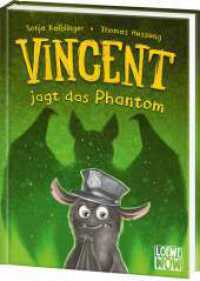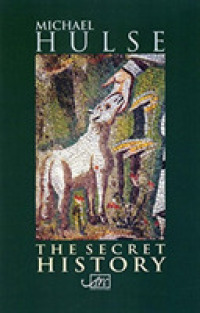Full Description
This book is the first to explore the properties of words across languages that correspond to English other. When can Italian altro mean 'different' or 'additional'? And why do these meanings often lexicalize together? How can we explain that cross-linguistically, such words may also mean 'second' or 'remainder'? This book brings together data from multiple language families including Eskaleut, Finno-Ugric, Germanic, and Romance, to address these questions. It presents analytic, typological, corpus-based, and computational approaches to investigate linguistic constraints and pragmatic factors that play a role in disambiguation, as well as historical developments that such words undergo.








